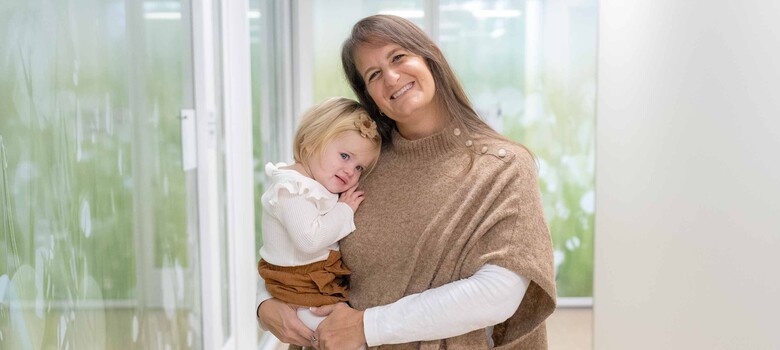Shot Facts: HPV Vaccine

A Duke expert answers parents’ most common questions about the HPV vaccine.
Ever since the human papillomavirus virus (HPV) vaccine was added to the immunization schedule for girls, and boys, parents have questioned why their young children need a vaccine against cervical cancer and whether the vaccine is safe. Soenda Norman, MD, a family medicine physician with Duke Primary Care Brier Creek, shared the facts about the vaccine and explains why it’s an important vaccination that boys and girls should receive.
What is HPV, and how is it transmitted?
HPV actually comprises more than 100 viruses that cause a variety of skin disorders and several different types of cancer in the genital region. It is the main cause of cervical cancer in women and genital warts in men and women. The virus is easily transmitted via sexual or skin-to-skin contact. It is possible to have HPV and not know it.
What does the vaccine offer protection against?
There are two approved vaccines—Gardasil and Cervarix—and both offer protection from two types of HPV that cause the majority of cervical cancer. Gardasil protects against HPV types that cause cervical cancer and genital warts. Cervarix is only approved for use in girls.
Why is the vaccine offered to boys?
It is recommended that boys receive the vaccine to decrease their risk of genital warts and certain genital cancers and to diminish the spread of the virus to women via sexual contact.
Who should get the HPV vaccine, and how is it given?
Both boys and girls are typically advised to begin the vaccine series around the 11- or 12-year-old physical exam. Catch-up vaccination is offered in both boys and girls until age 26. It is given in a series of three doses over a six-month period.
Why is it recommended at such a young age?
Several vaccinations are given at the 11- or 12-year-old visit, which is why the HPV vaccine is also offered at this age. Giving the vaccine at this age ensures maximum protection because it gives the body time to develop adequate immunity before sexual activity begins.
Is it safe? What are the side effects?
Both vaccines have been tested on thousands of people and are considered safe and effective. Studies show there are no serious side effects. There are some mild side effects that can occur including pain at the injection site, redness, swelling, and headaches. There have been some rare reports of fainting. Sitting or lying down for 15 minutes after the vaccination can prevent fainting.
Will this vaccine encourage sexual behavior in adolescents?
Studies show the vaccine does not encourage sexual activity in children and adolescents.


